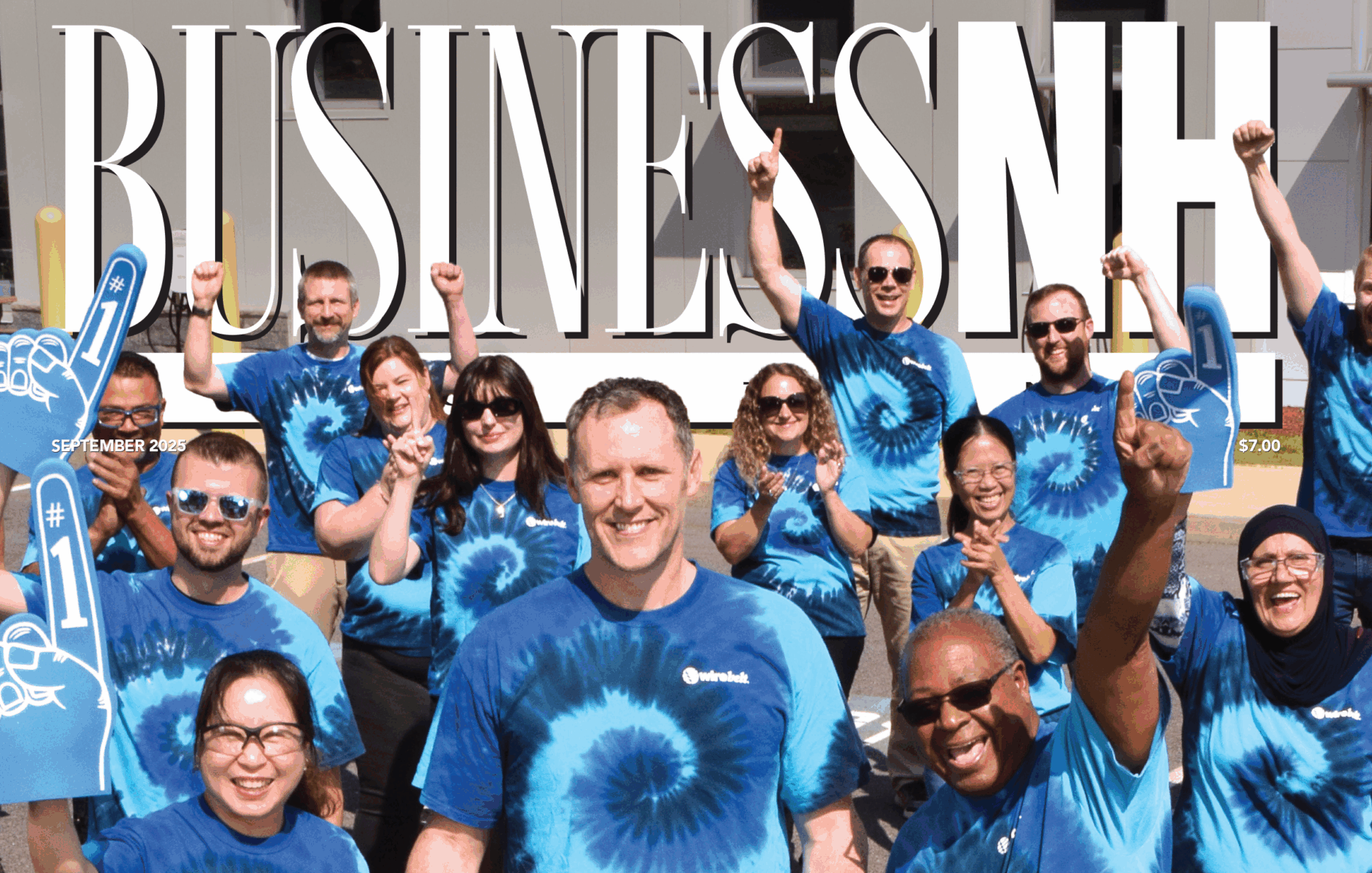
When I first started studying basketball coaching philosophies, George Karl’s name kept coming up in conversations about adaptability and resilience. His journey through the NBA coaching ranks wasn’t just about wins and losses—it was about shaping modern basketball through defensive schemes and offensive creativity. I remember watching his Seattle SuperSonics teams in the mid-90s and being struck by how they blended high-octane offense with gritty, aggressive defense. Karl’s legacy, in my view, extends far beyond his 1,175 regular-season wins (ranking sixth all-time among NBA coaches). It’s about how he managed personalities, adapted to different eras, and influenced coaches at every level, including the collegiate scene.
Speaking of the collegiate level, it’s fascinating to see how coaching philosophies like Karl’s trickle down. Take, for instance, the current setup in the UAAP, where Phillips serves as the skipper of La Salle, while Ladi is on his one-and-done season for Ateneo. These coaches and players operate in an environment that values both tactical discipline and individual flair—something Karl championed throughout his career. I’ve always believed that Karl’s emphasis on player development and in-game adjustments resonates deeply in leagues like the UAAP, where young talents are honed under pressure. His approach reminds me of how Phillips might guide La Salle through a tough season, balancing strategic fundamentals with the raw energy of one-and-done players like Ladi. It’s a dynamic that Karl mastered, especially during his time with the Denver Nuggets, where he turned a young, athletic roster into playoff contenders.
Reflecting on Karl’s impact, I can’t help but admire how he evolved with the game. In the 1990s, his Sonics teams were known for their “run-and-gun” style, averaging over 105 points per game in the 1995-96 season, which, if I recall correctly, was among the league’s highest. But what stood out to me was his ability to pivot. When he coached the Milwaukee Bucks and later the Nuggets, he incorporated more half-court sets and defensive schemes without sacrificing pace. Personally, I think this adaptability is what separates good coaches from great ones. Karl’s Nuggets, for example, made the playoffs in nine consecutive seasons from 2004 to 2013, a testament to his sustained excellence. Yet, he never shied away from controversy—his outspoken nature, including critiques of star players, showed a coach who prioritized team culture over individual egos. That’s a lesson I’d love to see more coaches embrace, whether in the NBA or in college circuits like the UAAP.
Karl’s influence also highlights the global reach of basketball strategies. In the Philippines, for example, the UAAP’s intensity mirrors the NBA’s competitive spirit. Phillips, as La Salle’s skipper, likely draws from Karl’s playbook in managing a diverse roster, much like how Ladi’s one-and-done stint at Ateneo reflects the high-stakes, short-term contributions Karl often integrated into his teams. I’ve noticed that Karl’s focus on conditioning and transition offense has become a staple in many leagues, and it’s no surprise that his methods are studied by up-and-coming coaches. His book, “Furious George,” which I read a few years back, offers raw insights into his mindset—emphasizing accountability and relentless effort. From my perspective, that’s where his true legacy lies: in empowering others to build winning cultures, even beyond the NBA.
Wrapping this up, George Karl’s career is a masterclass in coaching evolution. He didn’t just accumulate wins; he left a blueprint for balancing offense and defense, youth and experience, and individuality within a team framework. As I look at today’s basketball landscape, from the NBA to collegiate leagues like the UAAP, his principles continue to resonate. Whether it’s Phillips steering La Salle or Ladi making the most of his one-and-done season, Karl’s legacy reminds us that great coaching is about more than X’s and O’s—it’s about inspiring lasting change. And in my book, that’s what makes him one of the most impactful figures in basketball history.
Notifications
Pba Basketball Betting OddsCopyrights